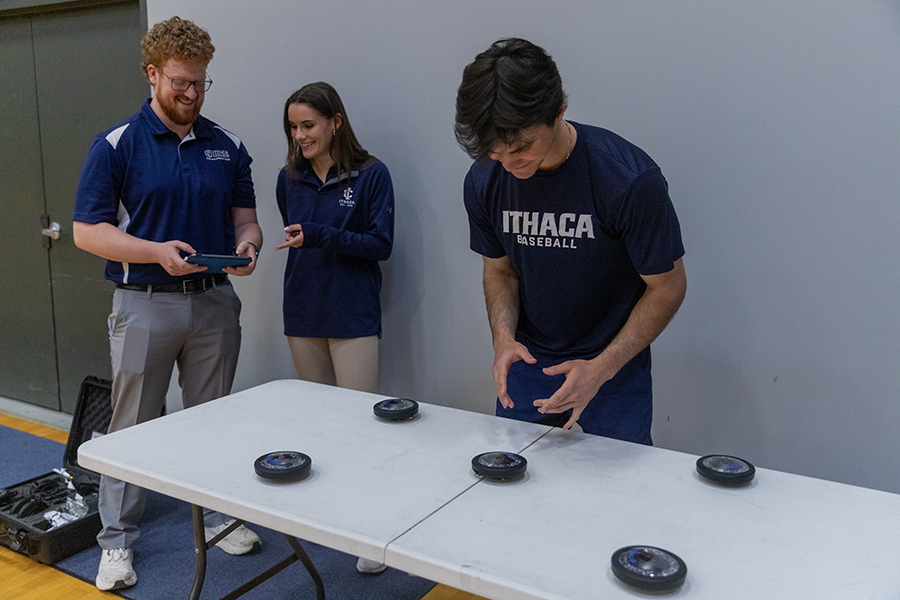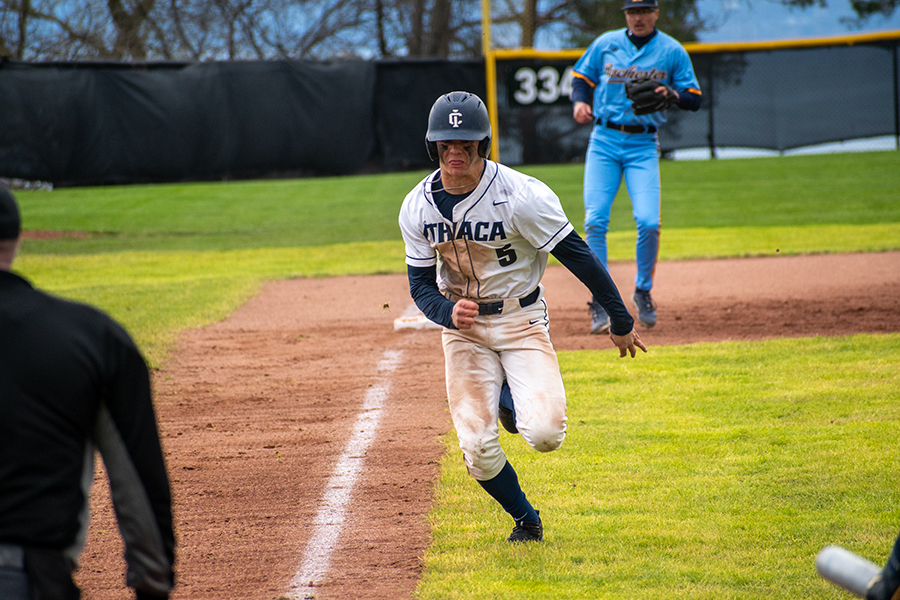Old school and new school, two forces seemingly forever in conflict are again facing off in the debate to name the American League’s Most Valuable Player.
Miguel Cabrera of the Detroit Tigers barely edged out Josh Hamilton in the home runs category to capture the first Triple Crown since Carl Yastrzemski last won it in 1967. Mike Trout of the Los Angeles Angels has dominated his competition, according to a modern statistic-based mathematical formula called “wins above replacement player,” or WAR.
On one side are math whizzes, the statisticians — those who endlessly attempt to develop statistics that can define the exact value of a player. The pinnacle of these complex statistics is the WAR. This statistic claims for all intents and assigns each player an exact numerical value of how many games the team has won because they are on the team. If you trust this statistic, then the MVP voting should be simple — the player that is responsible for the most wins is obviously the most valuable.
The more I read about WAR, the less I trusted the stat. WAR is a combination of three other complicated stats, which I couldn’t begin to understand, that seek to put precise values on batting, base running and defense. WAR also claims to account for nearly every variable in baseball, such as which positions are harder to field than others and which position in the batting order a player hits from. As it turns out, there is no set standard for how the statistic is actually measured, and each statistic service that calculates the stat does it differently. By the time I was done reading about WAR, my head hurt, and I still had no idea why Trout was responsible for more Angels wins than Cabrera was for the Tigers’ wins.
In the other corner are the traditionalists — those who feel the best statistics are the simplest ones. Batting average, home runs, and runs batted in are statistics that have been around for longer than anyone alive today. Cabrera has led the league in all three statistics, so obviously he must be MVP.
Beyond these black-and-white statements, other factors make the decision more complicated. Trout is the better defensive player, but Cabrera switched from first base to third base before the season in order to accommodate the free agent signing of Prince Fielder. Cabrera helped lead the Tigers to the playoffs. The Angels just missed the postseason, but because Trout was called up from the minors in April, the Angels have the best record in the American League.
Both men have had historic seasons, and if somehow the vote ended up at a tie and both players shared the award, I would not be disappointed. However, there can only be one MVP, and only one of these players’ teams is in the playoffs. Only one has accomplished something that hasn’t been done in 45 years. Miguel Cabrera gets my vote for MVP.







